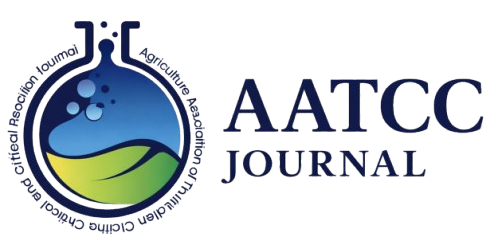Abstract
Aim: Pusa Manohari, a cultivar developed by the Indian Agricultural Research Institute (IARI),
New Delhi, lacks comprehensive characterization regarding its physicochemical transformations
during postharvest ripening under varied storage parameters. Consequently, this investigation
was undertaken to elucidate the ripening kinetics of Pusa Manohari across a spectrum of storage
conditions.
Methodology: Mature Mangifera indica cv. Pusa Manohari fruits, harvested 103 days after
flowering (DAF) from 20-year-old trees at the Division of Agricultural Engineering, ICAR-
IARI, New Delhi, were subjected to postharvest storage under room storage (RS) and Pusa Farm
SunFridge (PFSF) conditions.
Results: Total soluble solids (TSS) increased from 9 to 20 °Brix in mangoes stored under room
storage (ambient conditions), and from 9 to 17 °Brix in those stored within a Pusa Farm
SunFridge (PFSF). Fruit firmness exhibited a decline from 96 to 16 N over 18 days in ambient
storage, and from 96 to 36 N over 35 days in PFSF. The respiration rate of room-stored mangoes
initially decreased, followed by a subsequent increase after 5 days, reaching 306 mg CO₂ kg⁻¹
hr⁻¹ at 18 days. Conversely, mangoes stored in PFSF demonstrated a comparatively attenuated
increase in respiration rate, attributable to the lower storage temperature.
Interpretation: This investigation elucidates the comprehensive physicochemical alterations
occurring in mango fruit during ripening under controlled, variable temperature regimes.
